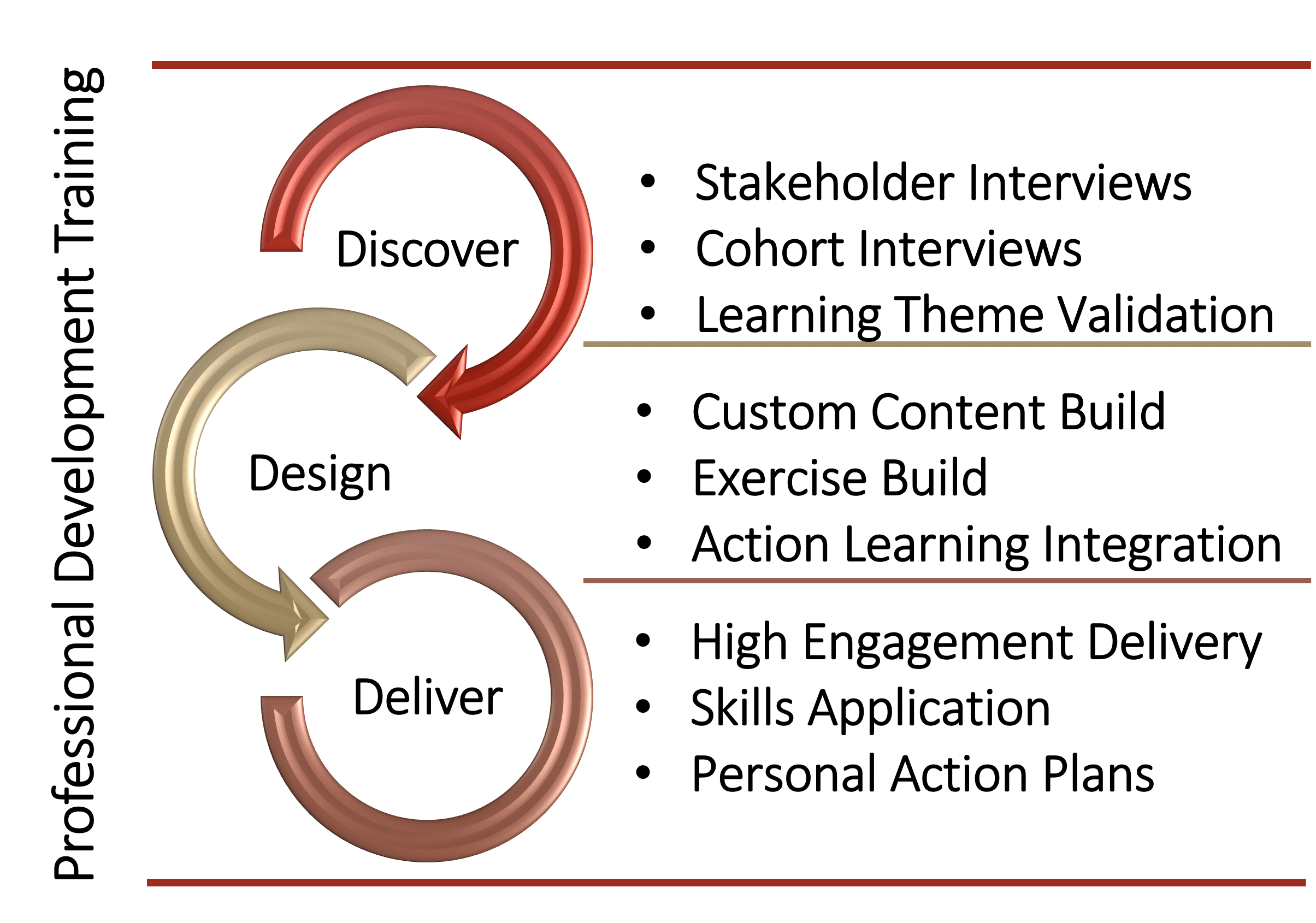Best-in-Class Leadership Attributes for Crisis Management
In this training course we will show you how crisis management & leadership skills play a critical role and how to lead in crisis.
AMS Course Code: 2320
Course Description
Leading during a crisis demands skills that eclipses crisis management in ways that can stress your team's capabilities to deliver sustainable and enterprise-wide contingency solutions. This course focuses on the core elements needed to extend your organization's capability to prepare, respond, manage, and lead during crisis, with an emphasis on best-in-class leadership attributes.
Visit the AMS Client-Centric Engagement Model below, to learn about other customization options or Contact Us to discuss your unique needs. Our modulated content inventory coupled with our proprietary 4x4 design model affords our clients a wide range of scalable options. Visit out Full Course Catalog to explore related topics.
Delivery Options
This program is delivered on-site in one full day or virtually in two 3.5-hour sessions.
Course Modules
Crisis Management vs. Leadership
-
Defining crisis management and leadership roles
-
Comparing skill sets for management and leadership during crises
-
Identifying the overlap and differences between the two
-
Case studies of crisis management and leadership in action
Manage in Crisis to Execute Plans
-
Strategic planning for crisis scenarios
-
Resource allocation and management during a crisis
-
Implementing contingency plans effectively
-
Evaluating and adjusting crisis response strategies
Respond in Crisis with Confidence
-
Techniques for effective communication during a crisis
-
Decision-making processes under pressure
-
Ensuring team readiness and response capability
-
Monitoring and adapting to evolving crisis situations
Leading in Crisis
-
Upholding organizational values in crisis situations
-
Supporting and guiding team members through a crisis
-
Building resilience and morale among constituents
-
Long-term leadership strategies post-crisis recovery
Who Should Attend
Any manager who has the responsibility to execute against risk mitigation, contingency plans, crisis management, and crisis leadership events.
Client-Centric Engagement Model
Professional Development Training
Each learning module in our course descriptions represent 90 minutes of instruction. Your selection of learning modules and sub-topics, preferred delivery modality, and custom design elements (as noted below), will determine the course duration and ultimate “best solution” to meet your unique learning needs. Our proprietary and innovative “4x4” design model, expert level facilitators, and modulated content library is the gateway to high-impact and agile learning experiences that result in immediate skills application. Watch a brief video describing the model. Learn More>>

For the Team
- Teams of eight or more participants, delivered On-Site or Live Online with the option to customize your learning experience.
For the Individual
- Individual learners or cohorts of less than eight participants, delivered Live Online based on prescheduled courses. Contact Us for Scheduling Options>
Customize your Learning Experience
- Customize with instructional design options including scenarios, thought leader questions, and exercises
- Select delivery modality and manage course durations based on content selection
- Mix and match learning modules & sub-topics to create the most highly customized learning experience
- Create learning tracks by linking courses & learning modules with connective application exercises over a predetermined timeline
- Support content with correlating Research Articles
- Enhance skills application with Performance Coaching
- Earn select industry and academic accreditations
- Organizational Learning & Development (L&D) Framework Best Practice
- Integrate Digital Resources – Thought Leader Interviews – Insights Podcast
Join the ranks of leading organizations that have partnered with AMS to drive innovation, improve performance, and achieve sustainable success. Let’s transform together, your journey to excellence starts here.
